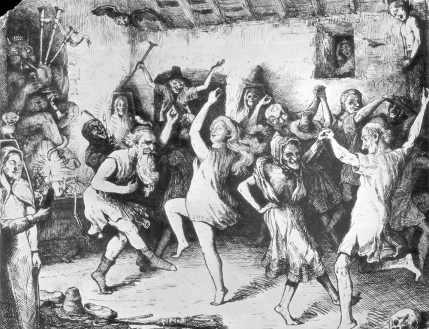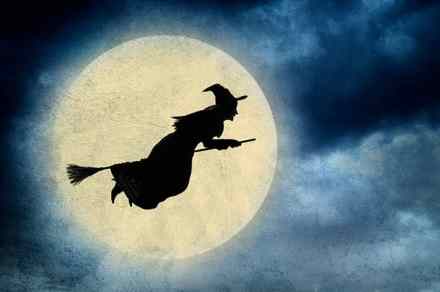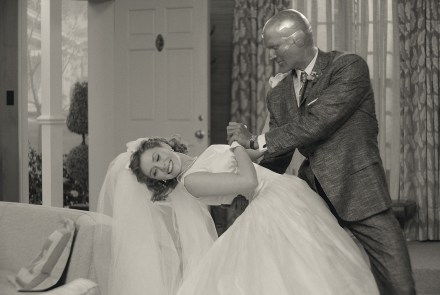A beginner’s guide to witchcraft
Next year, Exeter University will offer an MA in Magic and Occult Science: the first of its kind in a British university. The new course has led to newspaper headlines about a ‘real-life Hogwarts’ and questions as to whether magic is as worth studying as say, economics. The course director, Professor Emily Selove, refused my request for an interview – with polite apologies, although one could hardly expect the convenor of Exeter’s Centre for Magic and Esotericism to be anything but esoteric. A similar tension, it turns out, is at the heart of the debate about the degree. For all the media snideness, the most serious objections come from Britain’s





